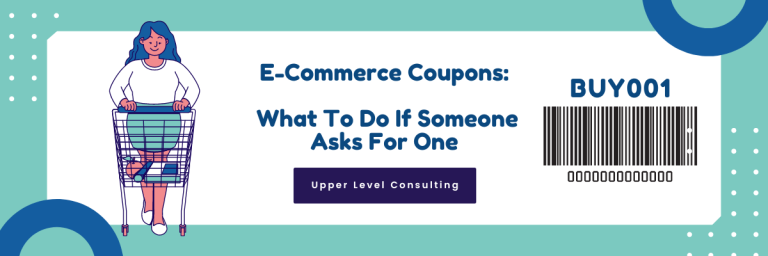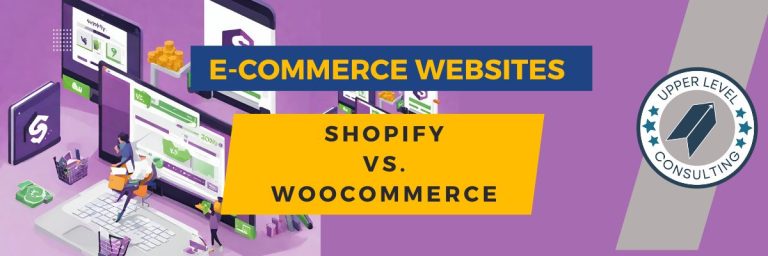Turn a blind eye to this at your own risk. Print on Demand Copyrights and Licensing laws are no joke.
In the ever-evolving world of Print on Demand (POD), understanding the intricacies of “Print on Demand Copyrights and Licensing” is crucial for businesses to thrive while respecting intellectual property rights. This article aims to guide Upper Level Consulting and others in the POD space through the legal landscape, ensuring they gain domain authority by adhering to copyright laws and securing proper licensing.
Understanding Copyright Laws in POD
Copyright laws are designed to protect the original work of creators, ranging from artwork to written content. In the context of POD, these laws are particularly significant. When creating products like custom t-shirts, mugs, or books, it’s essential to ensure that the designs or content used do not infringe on someone else’s copyright.
The key principle here is that you cannot use copyrighted material without permission. This includes everything from famous characters and logos to photographs and quotes. Violating these laws can lead to legal challenges, financial penalties, and damage to your brand’s reputation.
Common Legal Pitfalls in POD
One of the most common pitfalls in the POD industry is the unintentional use of copyrighted material. This often happens when businesses use popular images or phrases without realizing they are protected by copyright. Another pitfall is assuming that anything available on the internet is free to use. This misconception can lead to serious legal issues.
To avoid these pitfalls, businesses must conduct thorough research to ensure that the content they are using is not copyrighted or, if it is, that they have the necessary permissions to use it. This is where understanding “Print on Demand Copyrights and Licensing” becomes invaluable.
Securing Licenses and Partnerships
Securing licenses for using copyrighted material is a critical step in legally safeguarding your POD business. Licensing agreements are legal contracts that grant you permission to use someone else’s intellectual property for a specified purpose.
Here’s how you can go about securing these licenses:
- Identify the Owner: Determine who owns the copyright of the material you wish to use. This could be an individual artist, a company, or a licensing agency.
- Request Permission: Contact the copyright owner to discuss using their work. Be clear about how you intend to use their material.
- Negotiate Terms: If the owner is open to licensing, negotiate the terms, including the scope of use, duration, and any financial arrangements.
- Get it in Writing: Ensure that all agreements are documented in a written contract. This protects both parties and clarifies the terms of use.
Advice for POD Businesses
For businesses navigating “Print on Demand Copyrights and Licensing,” here are some key pieces of advice:
- Educate Yourself and Your Team: Make sure everyone involved in your business understands the basics of copyright laws and the importance of compliance.
- Implement a Review Process: Establish a process to review all designs and content for potential copyright issues before they go to market.
- Build Relationships with Artists and Brands: Developing partnerships with creators and brands can be mutually beneficial. It allows you to legally use their work while giving them exposure and potentially a share of the profits.
- Consider Original Creations: Encourage the creation of original content and designs. This not only avoids legal issues but also helps in building a unique brand identity.
Navigating the legal aspects of “Print on Demand Copyrights and Licensing” is a critical component of running a successful POD business. By understanding and respecting copyright laws, securing the necessary licenses, and fostering partnerships, businesses can avoid legal pitfalls and build a reputable and sustainable brand.
For Upper Level Consulting, mastering these aspects is essential to gain domain authority in the POD space. It’s not just about avoiding legal issues; it’s about building a business that values and respects the creative work of others, setting a standard for ethical practices in the industry. As the POD market continues to grow, those who prioritize legal compliance and ethical practices will undoubtedly stand out and succeed.







